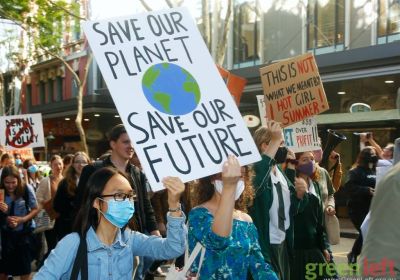
Eight Torres Strait Islander elders are taking the federal government to the United Nations Human Rights Committee over its inaction on climate change. Coral Wynter reports.

Eight Torres Strait Islander elders are taking the federal government to the United Nations Human Rights Committee over its inaction on climate change. Coral Wynter reports.
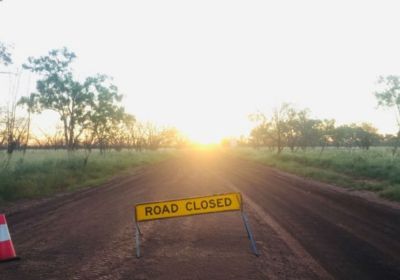
Government neglect is to blame for the COVID-19 crisis disproportionately affecting First Nations communities in regional New South Wales. Rachel Evans, Paul Oboohov, Coral Wynter report.

Anti-Adani protesters are keeping up the pressure on insurance company Ark insurance, writes Coral Wynter.
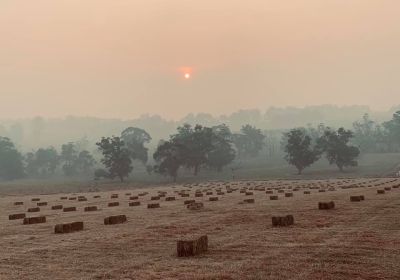
Farmers are increasingly concerned about the federal government's push for a gas-led recovery, reports Coral Wynter.
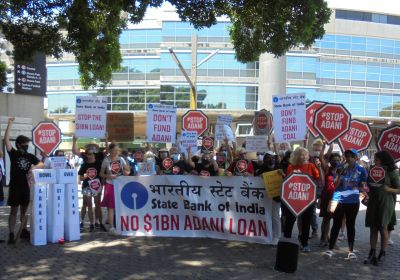
Stop Adani protesters took their anti-coal message directly to the first international one-day match of the cricket season, reports Coral Wynter and Jim McIlroy.
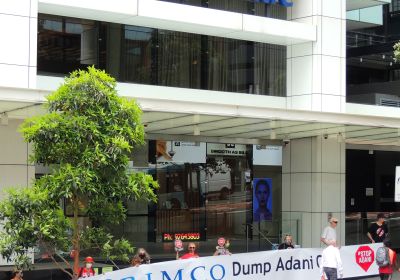
Coral Wynter reports on a campaign to pressure insurance company Allianz to withdraw all support for the controversial Adani-owned Carmichael coal mine.

Jim McIlroy and Coral Wynter report on Stop Adani's protest outside the State Bank of India, which is considering giving the mining conglomerate $1 billion.
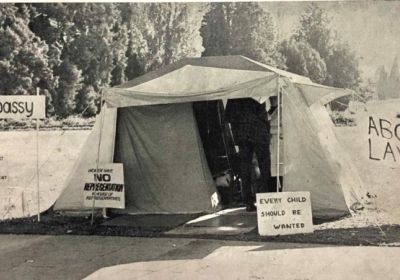
Few would know about the Women's Embassy outside Old Parliament House in Canberra which helped put the campaign for reproductive rights on the political agenda in Australia. Coral Wynter reports.
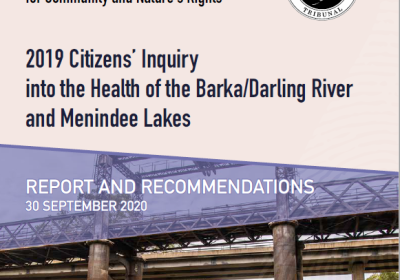
The Australian Peoples’ Tribunal report into the Baarka/Darling River system disaster has made recommendations to decommodify water, reports Coral Wynter.
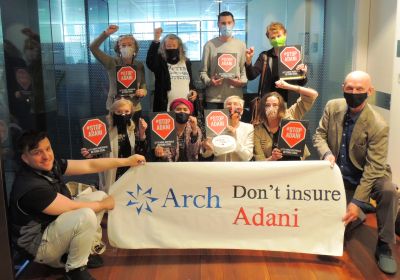
Activists visited insurance company Arch Insurance to ask it to rule out supporting Adani, reports Coral Wynter.

Galilee Blockade activists are keeping up their protest outside the headquarters of insurance giant AON over its support for Adani’s coal mine in the Galilee Basin, reports Coral Wynter.

Galilee Blockade activists showed their support for the Wangan and Jagalingou Traditional Owners who evicted coal corporation Adani from their land in central Queensland, reports Coral Wynter.